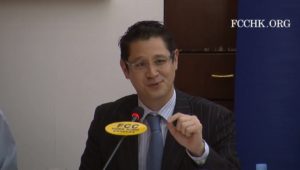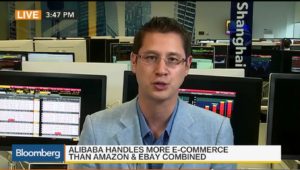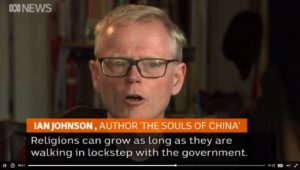 |
| Mark Schaub |
After local regulations in Beijing, Shanghai, and Chongqing to organize tests with self-driving cars, China's central government now has issued national rules to streamline those tests, writes
Shanghai-based lawyer Mark Schaub at the China Law Insight.
The National Rules include regulations for: the regulators, test applicants, requirements for the test driver, requirements on test vehicles, the testing application, the testing process regulation, traffic accidents, and the automation level of self-driving cars.
Mark Schaub:
The National Rules have been issued subsequent to local regulations on self-driving car road testing being issued in Beijing, Shanghai and Chongqing in recent months (“Local Regulations”), and will take effect 1 May 2018.
The National Rules are based on both best practices in other jurisdictions as well as some of the initiatives pioneered in the Local Regulations. The National Rules stress safety which is no doubt a response the Uber accident fatality in Arizona...
The issuing of the National Rules adds further momentum to China’s regulations in respect of road testing for autonomous vehicles and paves the way for increased road testing of self-driving cars across China. It seems that little will slow down the development and commercialization of autonomous vehicles in China.
The National Rules are just one indication of China’s ambitions to lead the world in this new technology. Chinese president Xi Jinping also stated at the Boao Forum on 10 April 2018 that there were plans to further open up China’s economy including relaxing foreign investment restrictions in the auto sector. Having support at the highest level bodes well for the development of autonomous cars in China.
More at the China Law Insight.
Mark Schaub is a speaker at the China Speakers Bureau. Do you need him at
your meeting or conference? Do get in touch or fill in our speakers' request form.
Are you looking for more stories by Mark Schaub? Do check out this list.






















